Find Help
More Items From Ergsy search
-
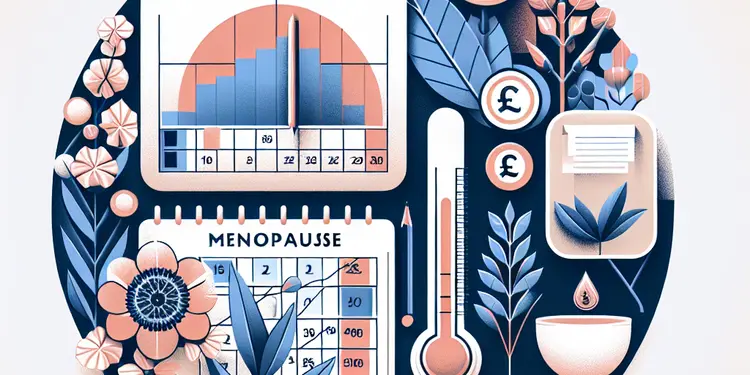
What is menopause?
Relevance: 100%
-
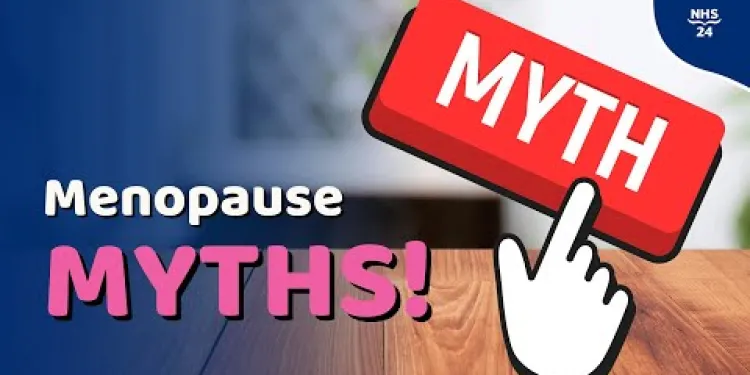
Menopause Myths
Relevance: 100%
-
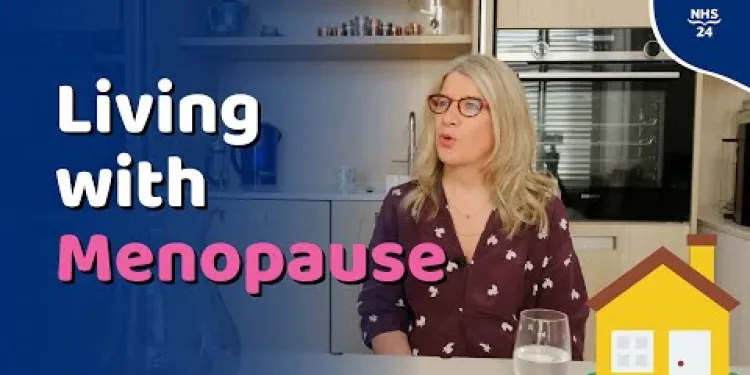
Living with the menopause
Relevance: 100%
-
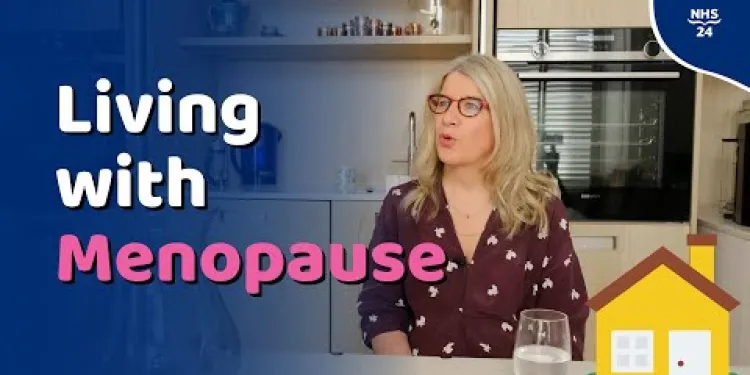
Living with the menopause
Relevance: 99%
-
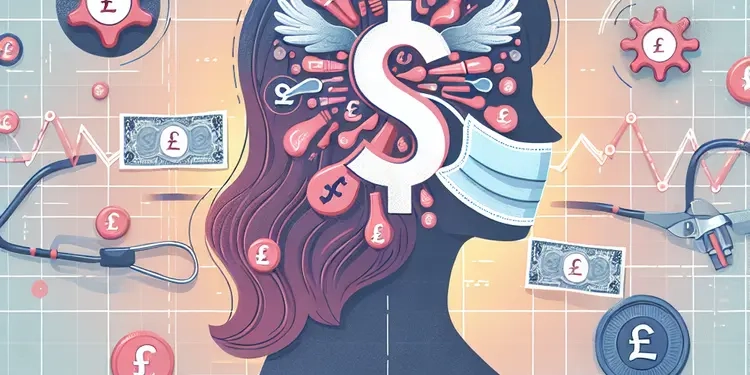
What is menopause masking?
Relevance: 96%
-

What is menopause masking?
Relevance: 96%
-
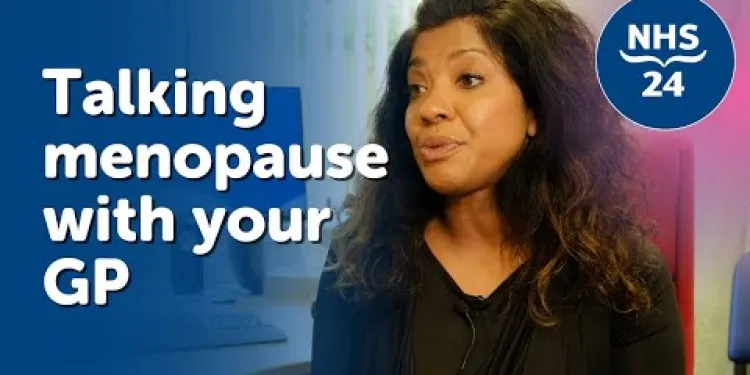
Talking menopause with your GP
Relevance: 93%
-
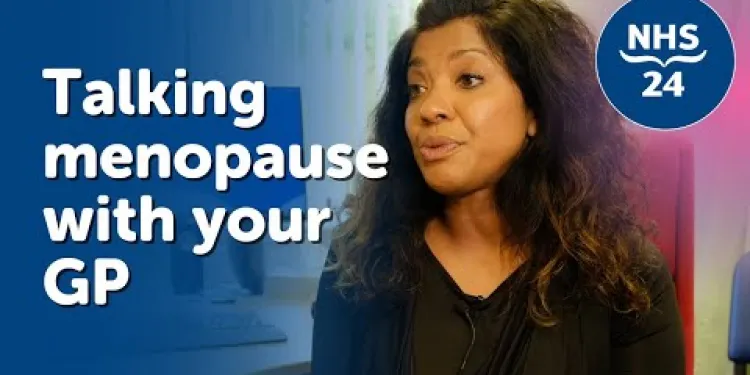
Talking menopause with your GP
Relevance: 93%
-
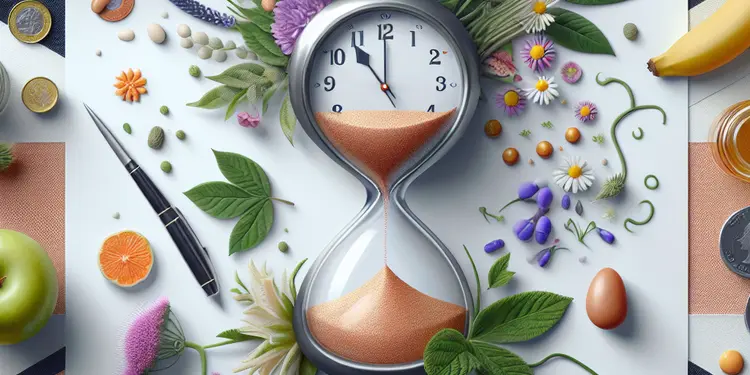
Is it possible to delay menopause naturally?
Relevance: 92%
-
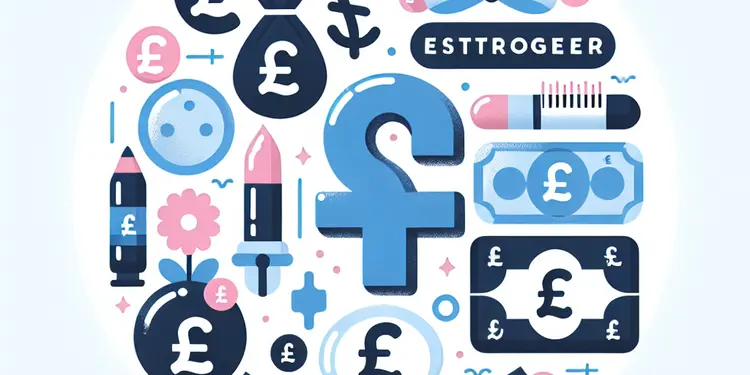
What is the role of estrogen in menopause?
Relevance: 91%
-
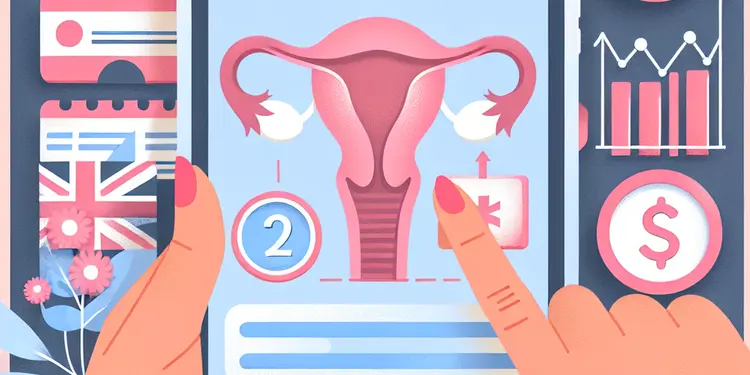
What are common symptoms of menopause?
Relevance: 91%
-

Are there natural remedies for menopause masking?
Relevance: 90%
-
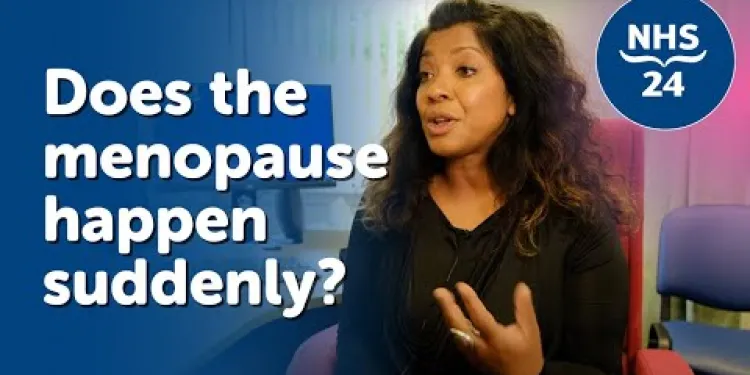
Does the menopause just happen suddenly?
Relevance: 89%
-
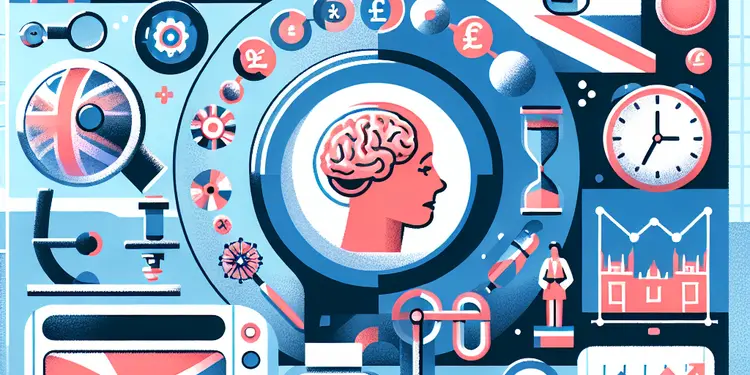
Is there scientific evidence linking menopause to dementia?
Relevance: 88%
-
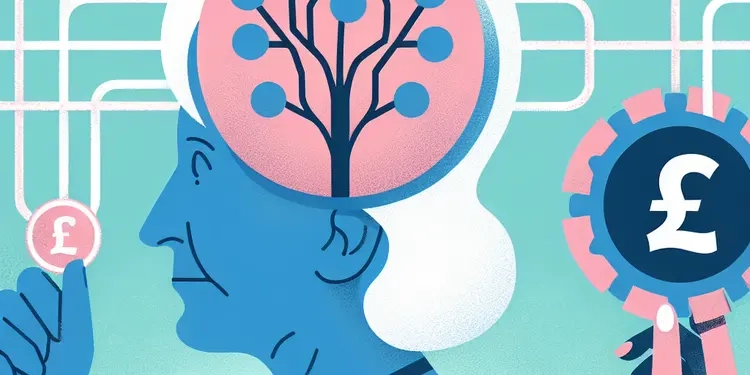
What are the links between menopause and dementia?
Relevance: 88%
-

Are there specific types of dementia linked to menopause?
Relevance: 88%
-
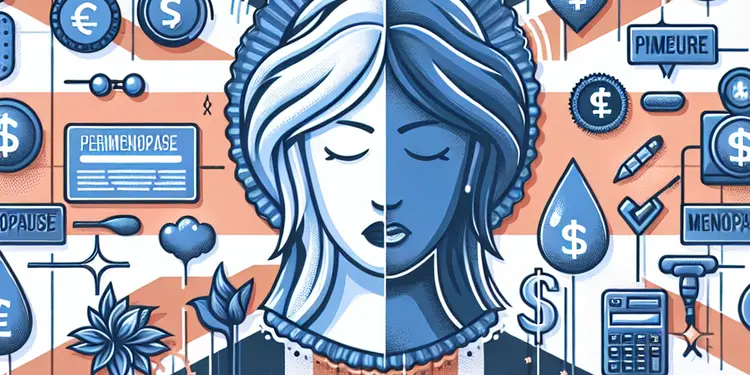
What is the difference between perimenopause and menopause?
Relevance: 87%
-

What treatments are available for menopause masking?
Relevance: 87%
-
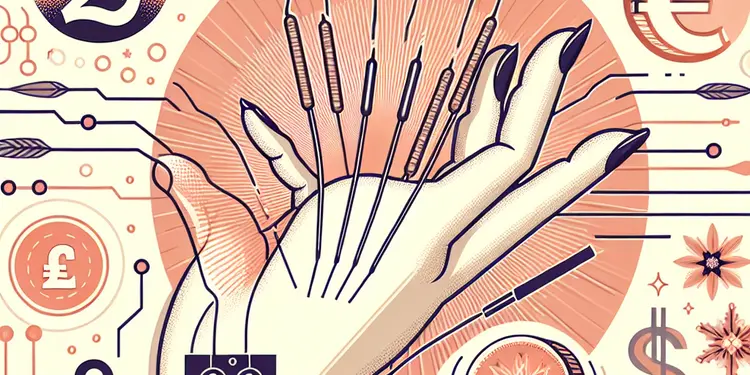
Can acupuncture help with menopause masking?
Relevance: 87%
-

How long does menopause typically last?
Relevance: 86%
-
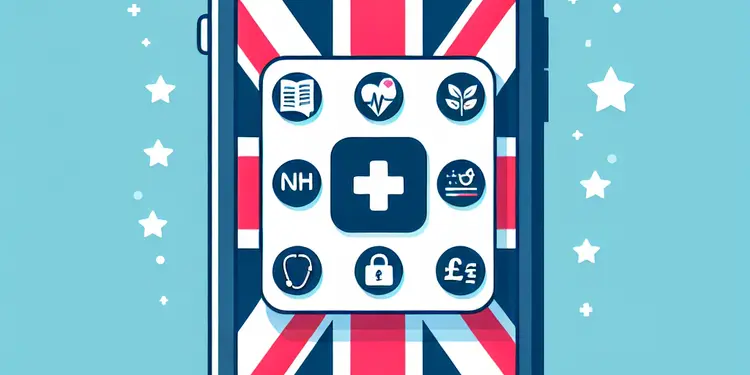
Are there any NHS apps for managing menopause symptoms?
Relevance: 86%
-
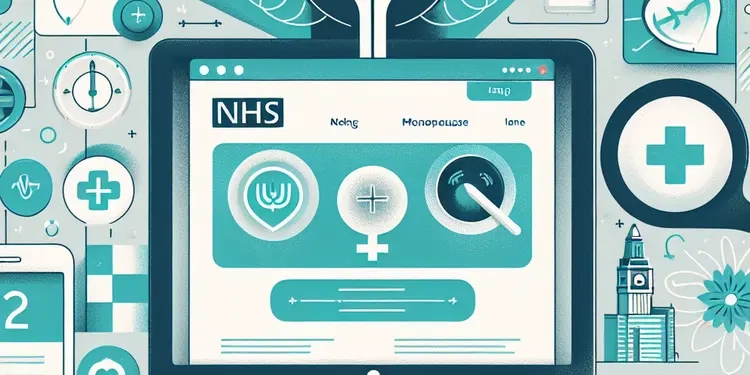
Does the NHS offer an online hospital for menopause?
Relevance: 86%
-
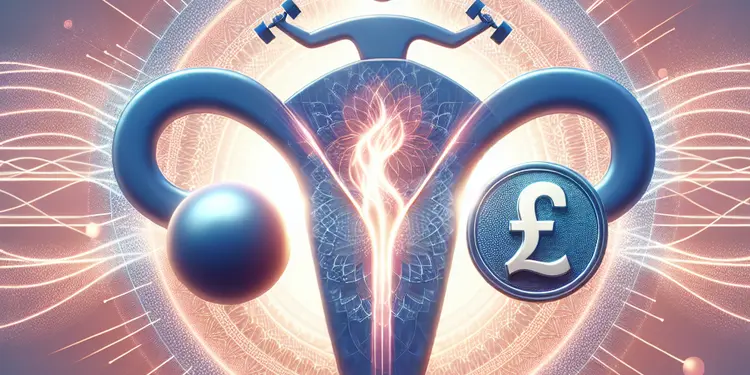
How does exercise impact menopause masking?
Relevance: 85%
-
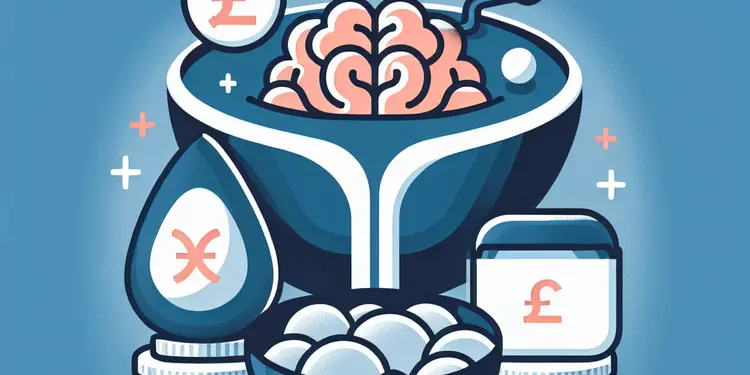
Is the age of menopause onset related to dementia risk?
Relevance: 85%
-
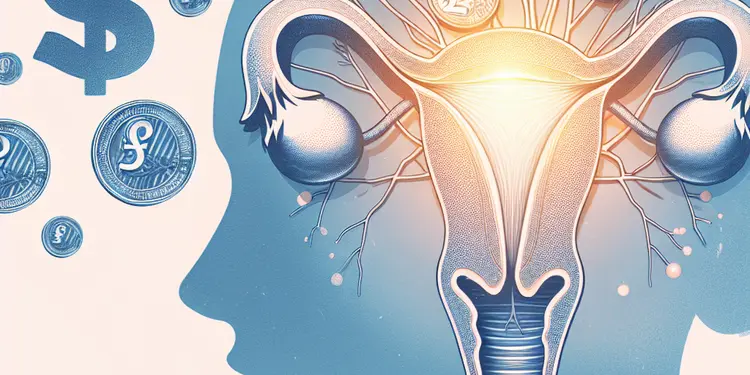
Can menopause affect bone health?
Relevance: 85%
-
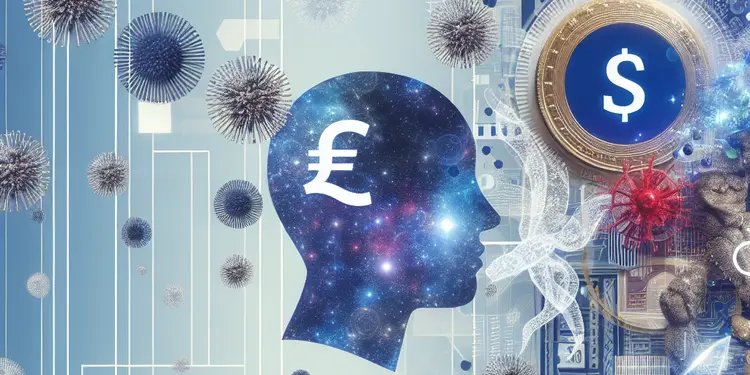
What psychological effects can menopause have?
Relevance: 85%
-

Why do some women use menopause masking?
Relevance: 85%
-

Can stress management aid in menopause masking?
Relevance: 85%
-

Does the NHS offer an online hospital for menopause?
Relevance: 85%
-

Are there psychological impacts of menopause that affect cognitive health?
Relevance: 85%
-

Can lifestyle changes help with menopause masking?
Relevance: 85%
-
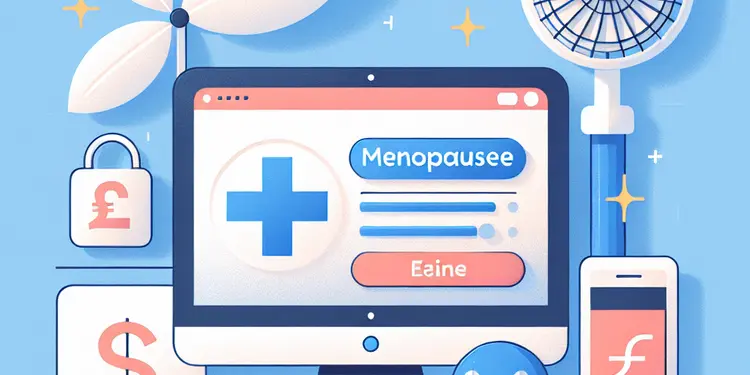
Does the NHS have an online symptom checker for menopause?
Relevance: 84%
-
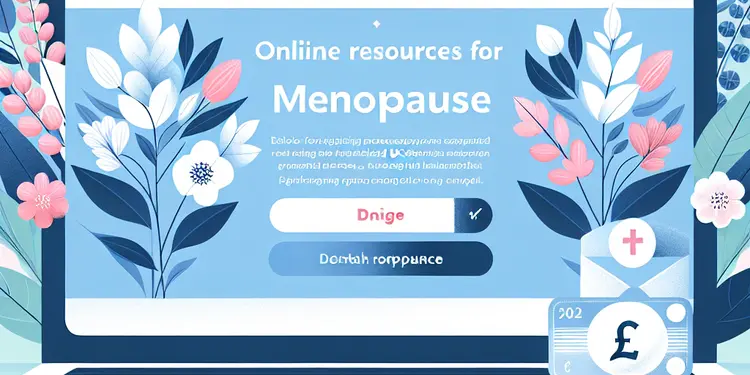
What online resources does the NHS offer for menopause?
Relevance: 83%
-

How does sleep quality relate to menopause symptoms?
Relevance: 83%
-

What further research is needed about menopause and dementia?
Relevance: 83%
-
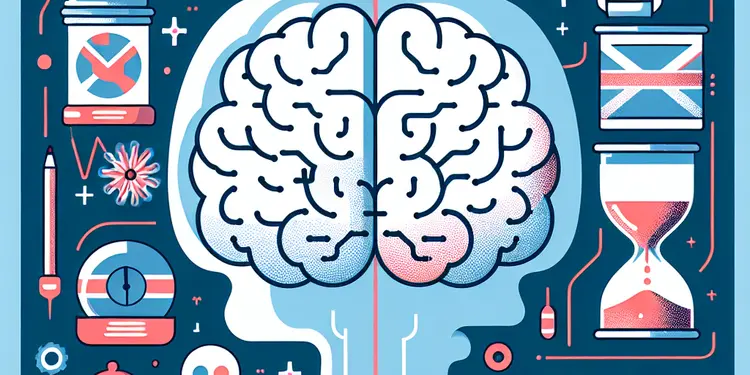
Do all women experience cognitive decline after menopause?
Relevance: 83%
-

What role does diet play in menopause masking?
Relevance: 83%
-
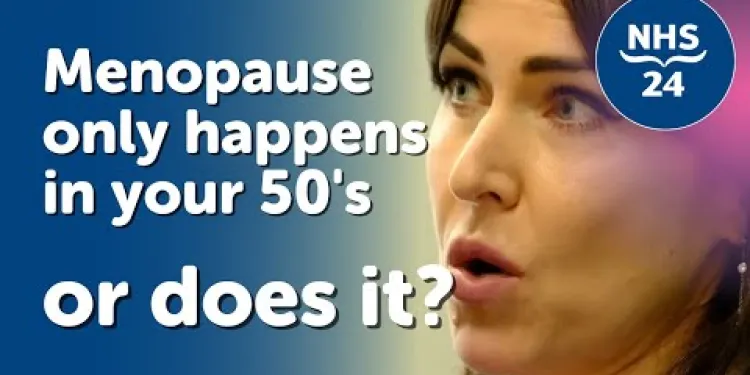
Does Menopause Only Happen in Your 50's? | NHS 24
Relevance: 82%
-

What are the signs of early cognitive decline related to menopause?
Relevance: 82%
-
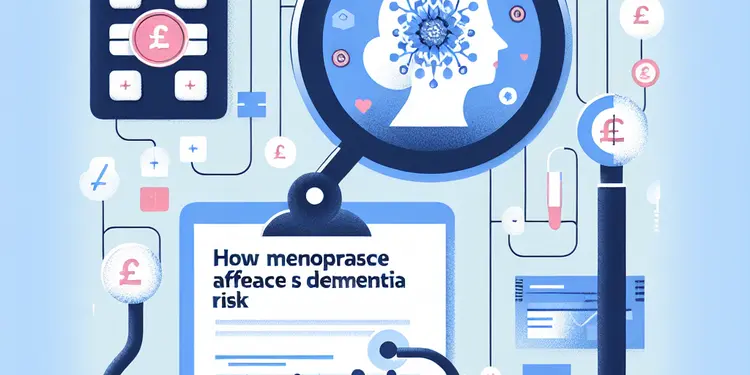
How does menopause potentially affect dementia risk?
Relevance: 82%
Living with the Menopause
Understanding Menopause
Menopause is a natural biological process that marks the end of a woman’s menstrual cycles. It typically occurs in women between the ages of 45 and 55, although it can start earlier or later. The transition to menopause, known as perimenopause, can last several years and involves fluctuations in hormone levels, particularly estrogen and progesterone.Common Symptoms
One of the most challenging aspects of menopause is managing the symptoms. Common symptoms include hot flushes, night sweats, mood swings, and sleep disturbances. Some women may also experience memory issues, vaginal dryness, and joint pain. These symptoms can vary in intensity and duration, making each woman’s experience unique.Managing Symptoms
In the UK, there are various ways to manage menopausal symptoms. Hormone Replacement Therapy (HRT) is often prescribed to help alleviate symptoms by replenishing hormone levels. Non-hormonal treatments, such as antidepressants, can also be effective for some women. Lifestyle changes, such as maintaining a healthy diet, engaging in regular exercise, and practicing stress-reduction techniques like yoga and meditation, can significantly improve overall well-being.Support and Resources
Living with menopause can sometimes feel isolating, but support is available. The NHS offers comprehensive resources and guidance on managing menopause. Additionally, organisations like the British Menopause Society provide valuable information and support groups where women can share their experiences. It’s also crucial to have open conversations with healthcare providers to tailor treatment plans to individual needs.Conclusion
Menopause is a significant life transition that requires understanding, patience, and support. By staying informed about symptoms and management strategies, and by seeking out the available resources, women in the UK can navigate this stage of life with resilience and confidence.Living with the Menopause
Understanding Menopause
Menopause is when a woman's monthly periods stop for good. This usually happens between the ages of 45 and 55. Menopause can start earlier or later for some women. Before menopause fully occurs, women go through a stage called perimenopause, where the body changes a lot. This can take a few years.Common Symptoms
Menopause can bring many changes to a woman’s body. Some of these changes or symptoms include: - Feeling very hot suddenly (hot flushes) - Sweating a lot at night (night sweats) - Feeling sad or angry easily (mood swings) - Having trouble sleeping - Trouble remembering things - Dryness in the private area - Pain in joints Every woman may feel these symptoms differently.Managing Symptoms
In the UK, there are different ways to help with menopause symptoms. Some women use Hormone Replacement Therapy (HRT) to feel better. This is a treatment that adds hormones back to the body. Other options like certain medicines can also help. Changing your lifestyle can make a big difference. This means eating healthy foods, exercising regularly, and doing calming activities like yoga and meditation.Support and Resources
You don't have to go through menopause alone. Help and information are available. In the UK, the NHS has guides that explain menopause and how to manage it. The British Menopause Society offers information and support groups to share experiences with others. It's also important to talk to doctors about how you're feeling, so they can help you find the best plan for you.Conclusion
Menopause is a big change in a woman’s life. Understanding it can help you be ready for the changes. By learning about the symptoms and how to manage them, and by using the resources available, women in the UK can handle menopause with courage and confidence.Frequently Asked Questions
What is menopause?
Menopause is a natural biological process that marks the end of a woman's menstrual cycles, typically occurring in their late 40s to early 50s.
At what age does menopause usually start?
Menopause usually starts between the ages of 45 and 55, with the average age being 51.
What are common symptoms of menopause?
Common symptoms include hot flushes, night sweats, mood changes, sleep problems, and vaginal dryness.
Is menopause the same for every woman?
No, menopause affects each woman differently. Symptoms and their severity can vary widely.
How long do menopause symptoms last?
Menopause symptoms can last for several years, with the average duration being around 4 to 5 years.
Can menopause be diagnosed with a test?
Menopause is typically diagnosed based on symptoms, but a blood test measuring hormone levels can also help confirm it.
What treatments are available for menopause symptoms?
Treatments include hormone replacement therapy (HRT), lifestyle changes, and non-hormonal medications to help manage symptoms.
What is hormone replacement therapy (HRT)?
HRT involves taking oestrogen and sometimes progesterone to relieve menopause symptoms by replacing hormones that the body no longer produces.
Are there risks associated with HRT?
HRT can have risks, such as an increased likelihood of blood clots and certain types of cancer. It's important to discuss these with your GP.
Can diet and exercise help manage menopause symptoms?
Yes, a healthy diet and regular exercise can help manage symptoms and improve overall well-being during menopause.
Is it possible to get pregnant during menopause?
While fertility declines, it is still possible to get pregnant during perimenopause until you have gone 12 consecutive months without a period.
Do all women experience hot flushes?
No, not all women experience hot flushes. The prevalence and severity can vary widely among women.
How does menopause affect bone health?
Menopause can lead to a decrease in bone density, increasing the risk of osteoporosis and fractures.
What lifestyle changes can help with menopause symptoms?
Maintaining a balanced diet, staying active, managing stress, and avoiding triggers like caffeine and spicy foods can help manage symptoms.
Should I see a doctor about menopause symptoms?
Yes, if symptoms are severe or affecting your quality of life, it's important to speak with your GP for support and treatment options.
What is menopause?
Menopause is when a woman's body stops having periods. It means she can't have babies anymore. This usually happens when a woman is around 50 years old.
Helpful tools or techniques:
- Talk to a doctor who can explain more.
- Use apps or books to learn about changes in the body.
Menopause is a natural change in a woman's body. It means her periods stop. This usually happens when a woman is in her late 40s or early 50s.
When does menopause usually begin?
Menopause is when a woman stops having periods. It usually starts when a woman is around 45 to 55 years old. But it can be different for everyone. Some women might start earlier, and some might start later.
If you want more help understanding menopause, you can:
- Ask a doctor.
- Read a book about it.
- Talk to someone who knows about menopause.
Most women start menopause when they are between 45 and 55 years old. The average age is 51.
What happens during menopause?
Menopause is a time when a woman's body changes. Here are some things that might happen: - You might feel hot and sweaty. - You might sleep less. - You might feel sad or worried. - Your periods might stop. If you need help, talk to a doctor or nurse. They can answer your questions.Some common signs are:
- Feeling very hot suddenly (hot flushes)
- Waking up at night feeling sweaty (night sweats)
- Feeling sad or grumpy (mood changes)
- Finding it hard to sleep (sleep problems)
- Your private area feels dry (vaginal dryness)
You may find it helpful to:
- Talk to a doctor or nurse
- Use cooling fans or wear light clothes
- Use special creams or lotions
- Write in a diary about how you feel
Do all women have the same menopause?
No, menopause is different for every woman. Different women have different symptoms. Some feel them a lot, others feel them a little.
How long do menopause signs last?
Menopause is when women stop having periods. It is a normal part of aging.
Signs of menopause can be:
- Hot flashes (feeling hot suddenly)
- Night sweats (sweating at night)
- Feeling sad or moody
- Trouble sleeping
These signs can start a few years before periods stop. They can last for a few years after.
If you need help:
- Talk to a doctor for advice.
- Use a fan to help stay cool.
- Try relaxing exercises like yoga.
- Use simple books or audio books to learn more.
Menopause symptoms can last a few years. Most women have them for 4 to 5 years.
How can we know if someone is going through menopause?
Doctors can sometimes use tests to help find out.
Doctors can usually tell if someone is going through menopause by the changes in their body. But a blood test that checks hormone levels can also show if menopause is happening.
What can help with menopause symptoms?
Menopause can make you feel hot, tired, or moody. Here are some ways to help:
- See a doctor: They can give medicine to help.
- Eat healthy food: Try fruits, veggies, and water.
- Move your body: Walking or dancing can make you feel better.
- Relax: Take deep breaths or listen to music.
Ask family or friends for support. They can help you feel better too.
Treatments can be: hormone medicine (HRT), changing how you live, and other medicines that don't have hormones to help with symptoms.
What is hormone replacement therapy (HRT)?
Hormone replacement therapy, or HRT, is a medicine that helps your body when it does not make enough hormones. Hormones are important because they help our bodies work properly.
Sometimes, people need HRT when they get older or if their bodies do not make enough hormones on their own.
Doctors can give you HRT in different ways, like pills, patches, or creams.
If you want to know more or have questions, it's good to talk to a doctor. They can help you understand if HRT is right for you.
Some tools that might help you learn more are talking books, videos, or asking someone to read with you.
HRT is taking medicine to help with menopause. This medicine has oestrogen and sometimes progesterone. These hormones help because the body stops making them during menopause.
Is HRT safe?
HRT stands for Hormone Replacement Therapy.
Some people take it to feel better.
But is it safe to use?
Talk to your doctor to know more.
You can ask questions if you are worried.
Use pictures, videos, or help from friends to understand better.
HRT can have risks. It might make it more likely to get blood clots and some types of cancer. It's important to talk about these risks with your doctor.
Can food and exercise help with menopause?
Menopause is a time when a woman's body changes. Some women feel hot or tired. Eating healthy food and doing exercise can help.
Eating Healthy:
- Eat lots of fruits and vegetables.
- Choose whole grains like brown rice or whole wheat bread.
- Avoid too much sugar and fat.
Exercising:
- Try to walk or do light exercise every day.
- Yoga or stretching can help you feel calm.
It is good to talk with a doctor or nurse for advice. They can help you with more ideas.
Yes, eating healthy food and doing regular exercise can help you feel better during menopause.
Can you have a baby when you are in menopause?
Menopause is when a woman's period stops. It means she can't have babies anymore.
If you are in menopause, it is not likely you can get pregnant.
If you have questions, talk to a doctor.
A calendar might help you track your periods.
As you get closer to menopause, it can be harder to get pregnant. But you can still have a baby if you are in perimenopause until you have gone 12 months in a row without a period.
If you have trouble understanding, try using a tool that reads text out loud.
Do all women get hot flashes?
Not all women get hot flashes. It is different for everyone.
If you want help, try these tips:
- Wear light clothes.
- Stay cool with a fan.
- Drink cold water.
- Talk to a doctor if you have questions.
No, not all women get hot sweats. How often and how strong they are can be different for each woman.
How does menopause affect bones?
When women get older, their bodies change. This is called menopause. It can make bones weaker.
Strong bones are important for our bodies. They help us move and stay healthy.
During menopause, women make less of a hormone called estrogen. Estrogen helps keep bones strong. Without enough estrogen, bones can get weak and break easily.
There are ways to keep bones strong:
- Eat foods with calcium, like milk and cheese.
- Do exercises that make bones strong, like walking or dancing.
- Talk to a doctor about medicine that can help.
It's important to take care of bones, especially as women get older.
When a woman stops having periods, her bones can get weaker. This can make them easier to break.
How can you feel better during menopause?
Menopause is a time when women's bodies change. Some women feel hot, have trouble sleeping, or feel moody. Here are some simple things you can do to feel better:
- Eat Healthy: Eat fruits, vegetables, and whole grains. Try to eat less sugar and fat.
- Stay Active: Do exercise like walking, yoga, or swimming. It helps your mood and keeps your bones strong.
- Sleep Well: Try going to bed at the same time each night. Make your bedroom cool and dark.
- Talk and Share: Share your feelings with friends or family. It can help you feel better.
- Use a Diary: Write down your symptoms each day. This can help you see what makes you feel better or worse.
If you need more help, talk to a doctor or nurse. They can give you more ideas.
Eating healthy foods, doing exercise, staying calm, and not having things like coffee or spicy foods can help you feel better.
Do I need to see a doctor about menopause signs?
Are you having signs of menopause, like hot flashes or feeling sad? These can be normal, but it's good to talk with a doctor. A doctor can help you feel better and stay healthy.
Here are some tips to help you:
- Ask someone you trust to help you talk to a doctor.
- Write down how you feel each day so you can tell the doctor.
- Use a calendar to track your symptoms.
- Bring a list of questions to your doctor visit.
Talking to a doctor can help you get the right care and feel better.
Yes, if you feel really bad or it's making life hard, talk to your doctor. They can help you feel better and find things that work for you.
Useful Links
Have you found an error, or do you have a link or some information you would like to share? Please let us know using the form below.
-->
This website offers general information and is not a substitute for professional advice.
Always seek guidance from qualified professionals.
If you have any medical concerns or need urgent help, contact a healthcare professional or emergency services immediately.
Some of this content was generated with AI assistance. We’ve done our best to keep it accurate, helpful, and human-friendly.
- Ergsy carfully checks the information in the videos we provide here.
- Videos shown by Youtube after a video has completed, have NOT been reviewed by ERGSY.
- To view, click the arrow in centre of video.
- Most of the videos you find here will have subtitles and/or closed captions available.
- You may need to turn these on, and choose your preferred language.
- Go to the video you'd like to watch.
- If closed captions (CC) are available, settings will be visible on the bottom right of the video player.
- To turn on Captions, click settings .
- To turn off Captions, click settings again.
More Items From Ergsy search
-

What is menopause?
Relevance: 100%
-

Menopause Myths
Relevance: 100%
-

Living with the menopause
Relevance: 100%
-

Living with the menopause
Relevance: 99%
-

What is menopause masking?
Relevance: 96%
-

What is menopause masking?
Relevance: 96%
-

Talking menopause with your GP
Relevance: 93%
-

Talking menopause with your GP
Relevance: 93%
-

Is it possible to delay menopause naturally?
Relevance: 92%
-

What is the role of estrogen in menopause?
Relevance: 91%
-

What are common symptoms of menopause?
Relevance: 91%
-

Are there natural remedies for menopause masking?
Relevance: 90%
-

Does the menopause just happen suddenly?
Relevance: 89%
-

Is there scientific evidence linking menopause to dementia?
Relevance: 88%
-

What are the links between menopause and dementia?
Relevance: 88%
-

Are there specific types of dementia linked to menopause?
Relevance: 88%
-

What is the difference between perimenopause and menopause?
Relevance: 87%
-

What treatments are available for menopause masking?
Relevance: 87%
-

Can acupuncture help with menopause masking?
Relevance: 87%
-

How long does menopause typically last?
Relevance: 86%
-

Are there any NHS apps for managing menopause symptoms?
Relevance: 86%
-

Does the NHS offer an online hospital for menopause?
Relevance: 86%
-

How does exercise impact menopause masking?
Relevance: 85%
-

Is the age of menopause onset related to dementia risk?
Relevance: 85%
-

Can menopause affect bone health?
Relevance: 85%
-

What psychological effects can menopause have?
Relevance: 85%
-

Why do some women use menopause masking?
Relevance: 85%
-

Can stress management aid in menopause masking?
Relevance: 85%
-

Does the NHS offer an online hospital for menopause?
Relevance: 85%
-

Are there psychological impacts of menopause that affect cognitive health?
Relevance: 85%
-

Can lifestyle changes help with menopause masking?
Relevance: 85%
-

Does the NHS have an online symptom checker for menopause?
Relevance: 84%
-

What online resources does the NHS offer for menopause?
Relevance: 83%
-

How does sleep quality relate to menopause symptoms?
Relevance: 83%
-

What further research is needed about menopause and dementia?
Relevance: 83%
-

Do all women experience cognitive decline after menopause?
Relevance: 83%
-

What role does diet play in menopause masking?
Relevance: 83%
-

Does Menopause Only Happen in Your 50's? | NHS 24
Relevance: 82%
-

What are the signs of early cognitive decline related to menopause?
Relevance: 82%
-

How does menopause potentially affect dementia risk?
Relevance: 82%


